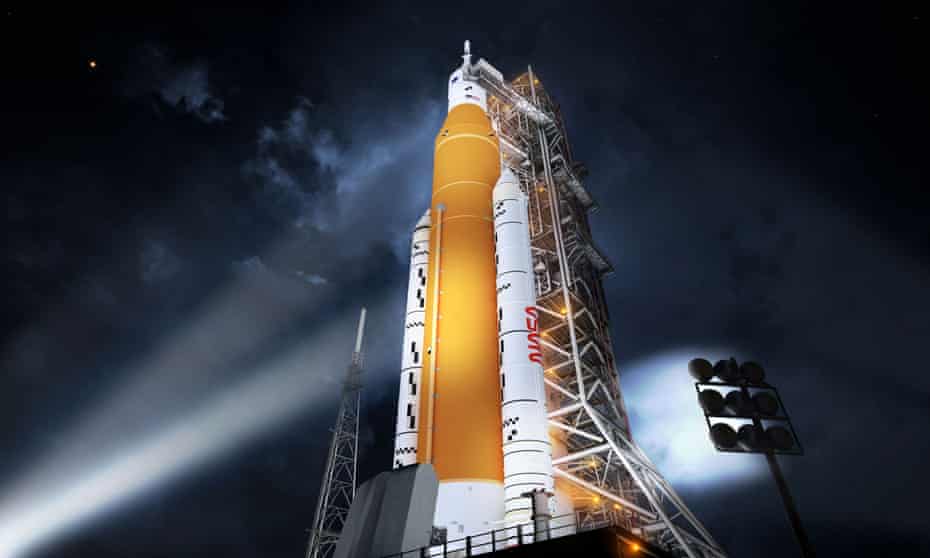
NASA is pushing back the human lunar landing to 2025 instead of 2024. Read to find out why they are unclear if the earlier date is workable.
Human lunar landing moved to 2025
NASA is pushing its human lunar landing plan to 2025 instead of the previously planned 2024. The space agency is blaming the delay on the recent lawsuits, in addition to the COVID-19 pandemic. NASA has been planning the return of humans to the lunar surface with Artemis, a flagship mission. Through Artemis, NASA is hoping to land the first woman and person of color on the Moon.
Additionally, the space agency is also looking to make space missions more sustainable. In April 2021, NASA invested $2.9 billion in SpaceX for developing the SpaceX Starship for a gentle lunar landing. Moreover, VP Mike Pence challenged NASA for speeding up the Artemis timeline and land humans on the moon in 2024. The early timeline received scrutiny as critics were not sure if it was achievable.
Changing factors and improved technology
An improved Space Launch System or SLS rocket is not the only needed upgrade before the launch. Other areas such as the spacesuit used by astronauts also need upgrading.“It’s a stretch, it’s a challenge, but the schedule is 2024,” said Bill Nelson, the NASA administrator. When the Biden administration took over, Nelson promised to proved updates on the Artemis timeline before 2021. And, on Tuesday, NASA admitted that 2024 was not feasible.
Additionally, NASA planned to award the contracts to two companies for building the human lunar landers. However, NASA received less funding and could only offer the contract to SpaceX. Hence, Jeff Bezos owned Blue Origin is now protesting and filing a lawsuit. “We’ve lost nearly seven months in litigation, and that right has pushed the first human landing, likely to no earlier than 2025,” said Nelson. In addition to the lawsuit, NASA also blames factors such as the rising costs and delays that are taking time to solve.
